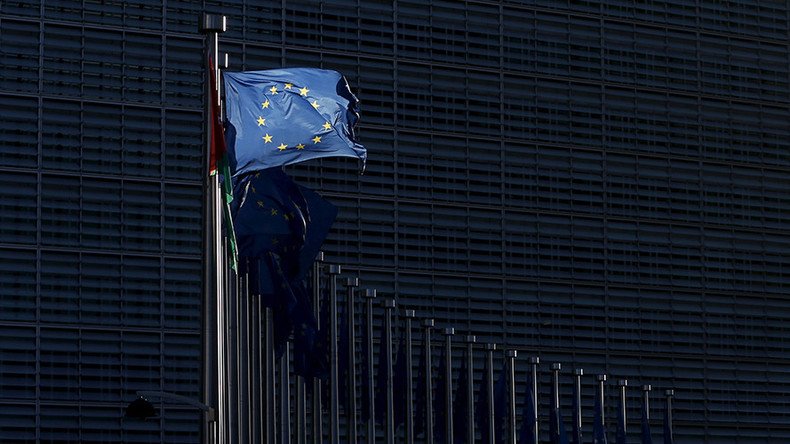Over 1mn sign petition calling for UK to hold 2nd EU referendum

The prospect of being outside of the European Union is too much for some of the 16 million UK residents who wanted their country to ‘remain’. They have set up a parliamentary petition calling for a second referendum, which crashed due to its popularity.
Despite being set up hours after the result, the petition quickly reached its goal of over 100,000 signatures and went far beyond it. This means that it must be debated in parliament within a year.
By Saturday noon the petition had been signed by more than one million Brits.
Traffic to the site was so intense that it crashed temporarily on Friday.
“The site was temporarily down due to exceptionally high volumes of simultaneous users on a single petition, significantly higher than on any previous occasion,” a House of Commons spokeswoman said.
The UK Government Digital Service resolved the problem and the petition is now accessible.
William Oliver Healey was the brainchild of the petition, stating “We the undersigned call upon HM Government to implement a rule that if the remain or leave vote is less than 60% based a turnout less than 75% there should be another referendum.”
He may have a case as the turnout at the referendum was 72 percent, while a slim majority of 52 percent was in favor of leaving the EU, with 48 percent wanting to remain.
BREAKING: Cameron steps down as PM, to leave office by October https://t.co/lIJ2qfjIrm#Brexitpic.twitter.com/k9oQ3VM6Uj
— RT (@RT_com) June 24, 2016
Any possible debate would have to take place quickly if current Prime Minister David Cameron is to be present. The leader of the Conservative Party announced he would be stepping down in the wake of the vote as he had forcefully backed the ‘Remain’ campaign to keep Britain in the EU.
However, it is unlikely that a second referendum would ever seriously be considered.
Those supporting the petition will hope they have a bit more luck than a 200,000 strong petition calling for the legalization of cannabis, which was presented to parliament in August as was subsequently dismissed.
“Legalization would also send the wrong message to the vast majority of people who do not take drugs, especially young and vulnerable people, with the potential grave risk of increased misuse of drugs,” a government response read.












